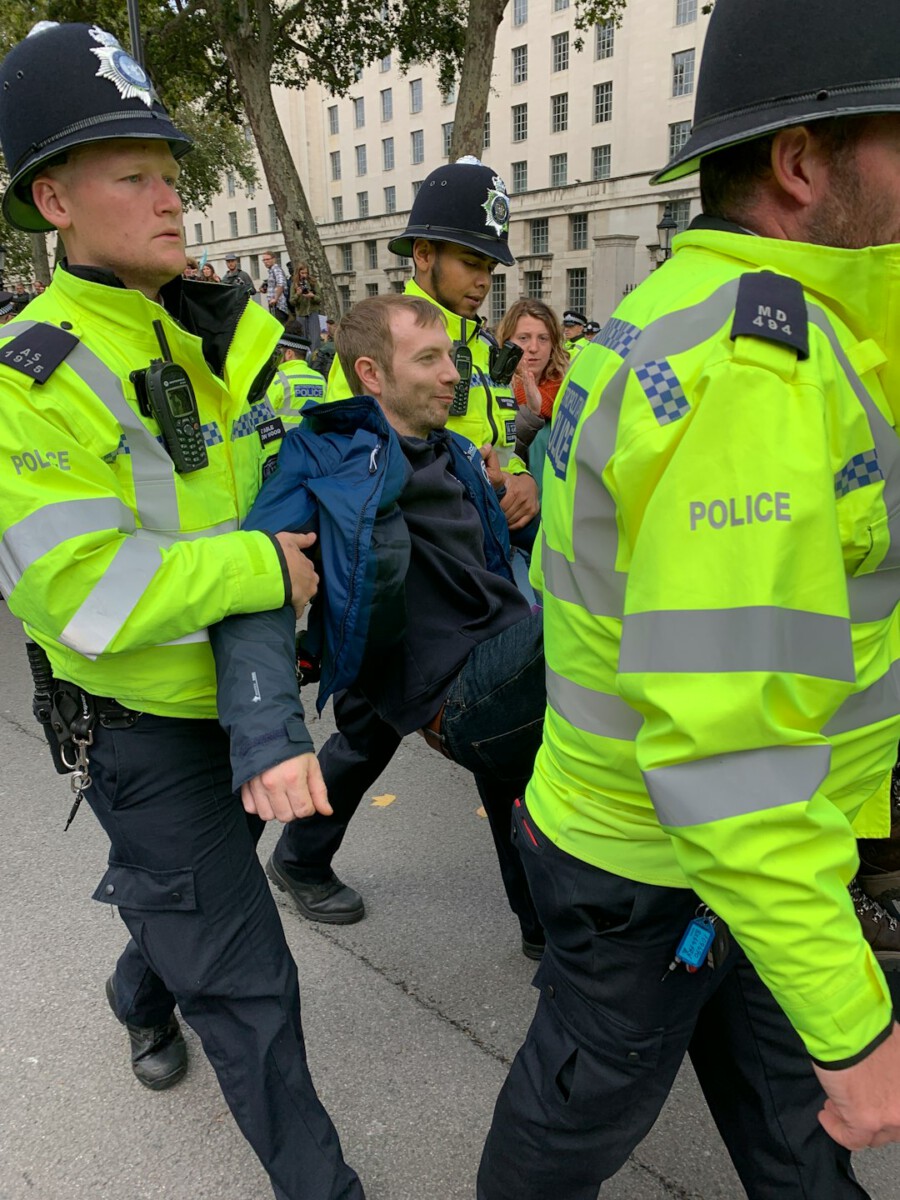The Spark That Ignited the Probe (Image Credits: Unsplash)
In the quiet suburbs of San Bernardino County, a routine tip unraveled into a disturbing investigation under the dim glow of computer screens late at night.
The Spark That Ignited the Probe
Everything began with a single anonymous report that caught investigators off guard. On October 8, 2025, San Bernardino County Sheriff’s Department received word of child sexual abuse material being downloaded in the Colton area. This wasn’t just any lead; it pointed straight to a trusted figure in the community.
Detectives moved swiftly, tracing the digital trail back to a local address. What they uncovered painted a picture far darker than anyone expected. The case quickly escalated, leading to an arrest that has left residents reeling.
It’s a stark reminder of how vigilance from everyday people can expose hidden dangers right in our midst.
Unmasking the Suspect
Steve Paul Perry Popper, a 47-year-old resident of Colton, worked as a teacher at Bemis Elementary School within the Rialto Unified School District. For years, he held a position of authority over young students, making the allegations all the more jarring.
Popper’s arrest came after authorities searched his home and devices, revealing evidence tied to at least four minors. Officials haven’t detailed the exact nature of the proof, but it’s serious enough to warrant multiple charges.
His background in education adds layers to the story, as colleagues and parents grapple with the betrayal of trust.
Depth of the Allegations
The investigation uncovered material suggesting abuse involving several children, though it’s unclear if they were all from his school. Popper faces charges related to possession and distribution of child sexual abuse content, with the possibility of direct assault claims emerging.
Prosecutors emphasize that the minors’ ages and the context remain under wraps to protect identities. Still, the scope hints at a pattern that went undetected for some time.
This case highlights the challenges in spotting such crimes, especially when the perpetrator blends into everyday life.
School’s Swift Actions and Community Fallout
The Rialto Unified School District placed Popper on administrative leave immediately upon learning of the probe. Parents received notifications, urging anyone with concerns to come forward.
Shockwaves rippled through the community, with families questioning safety protocols at Bemis Elementary. Counseling services were offered on-site to support affected students and staff.
Local leaders called for reviews of hiring and monitoring practices, turning a tragic event into a catalyst for change.
Call for Additional Victims to Speak Out
Authorities believe there could be more individuals impacted, beyond the four already identified. They’ve set up hotlines and encouraged tips from anywhere, no matter how small.
Here are key ways the public can help:
- Report suspicions to the San Bernardino County Sheriff’s Department at (909) 387-8313.
- Watch for behavioral changes in children and discuss online safety openly.
- Support organizations like the National Center for Missing & Exploited Children for resources.
- Attend community forums on child protection to stay informed.
- Verify school safety measures with district officials regularly.
Coming forward isn’t easy, but it can prevent further harm and bring justice.
Lessons from a Disturbing Case
Cases like this underscore the need for robust digital forensics and community awareness in safeguarding kids. While Popper awaits arraignment, the focus shifts to healing and prevention.
Broader efforts include training for educators on recognizing abuse signs and stronger tech safeguards against illicit downloads.
Ultimately, this serves as a wake-up call: trust must be earned and monitored vigilantly.
Key Takeaways
- A simple tip launched a major investigation, proving the power of public reports.
- At least four minors are linked to the evidence, with fears of additional victims.
- Schools and families should prioritize open communication and safety reviews.
In the end, protecting children demands collective action, from tips to policy changes. What steps can we take in our own communities to prevent stories like this? Share your thoughts in the comments below.








